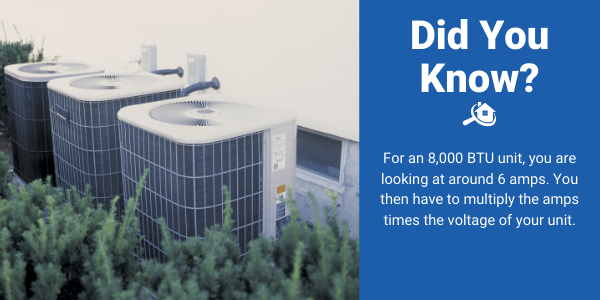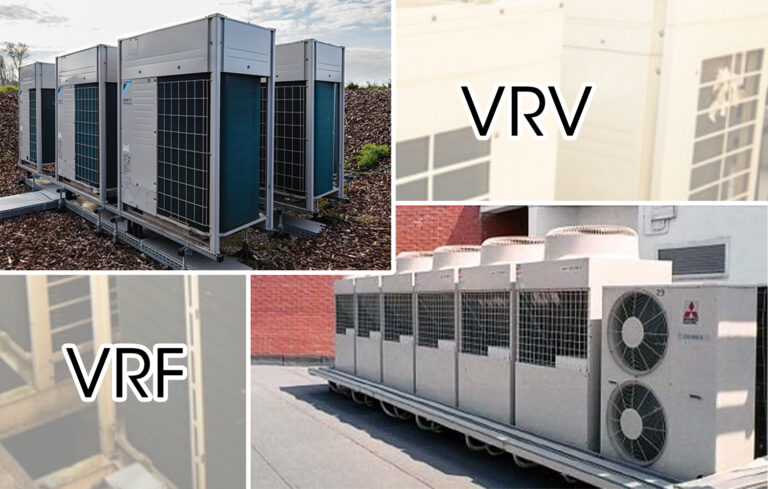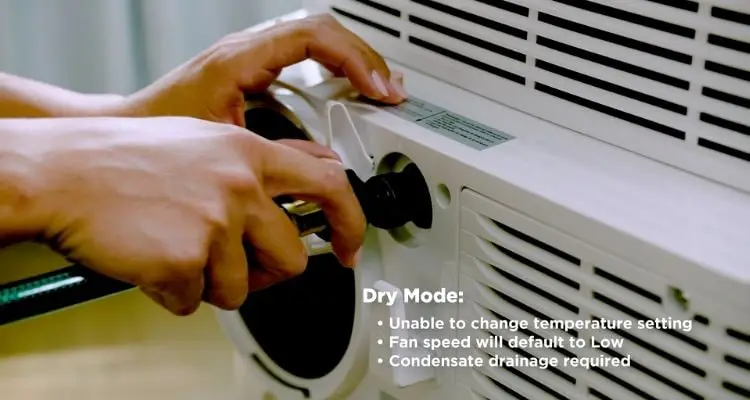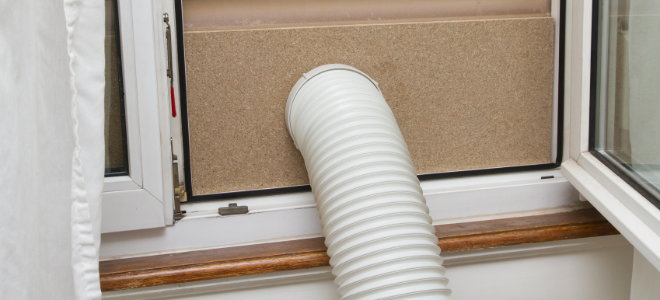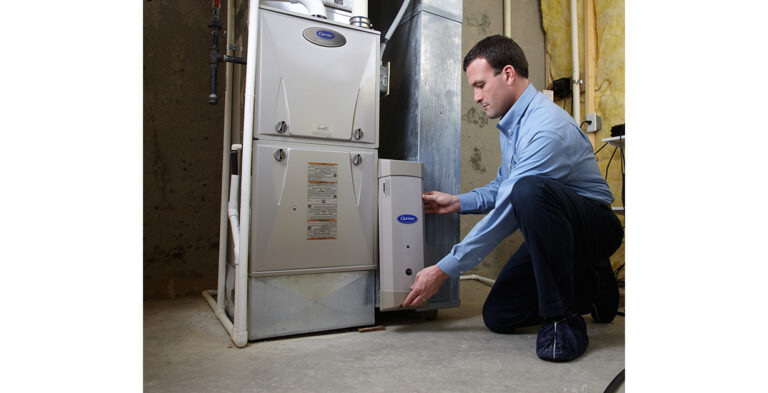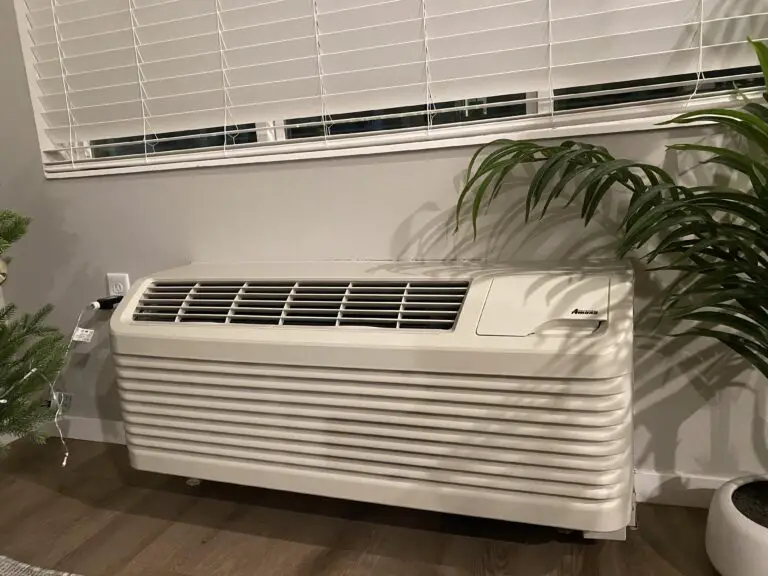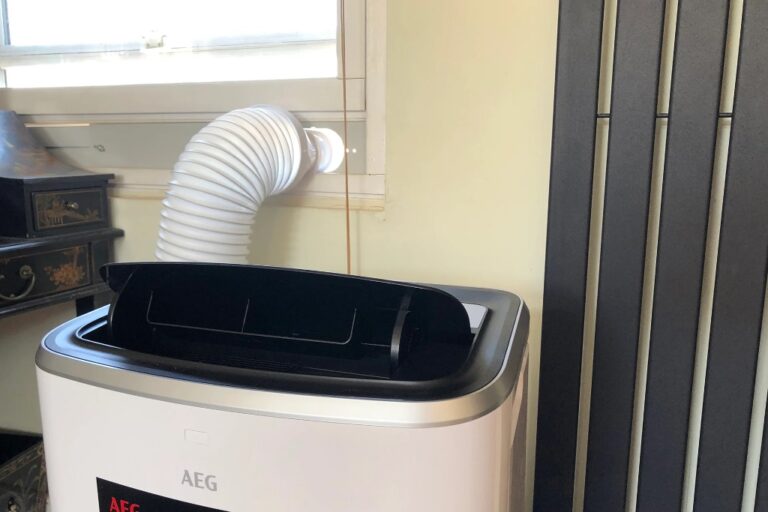How Much Electricity Does An 8000 BTU Air Conditioner Use?
An 8000 BTU air conditioner uses about 700-800 watts of electricity per hour. This usage can vary based on efficiency and settings.
Choosing the right air conditioner can significantly impact your energy consumption and monthly bills. An 8000 BTU unit is ideal for cooling spaces up to 350 square feet. Understanding its electricity usage helps in managing energy costs effectively. Modern units often come with energy-saving features that can further optimize power consumption.
Proper maintenance, such as cleaning filters and ensuring good airflow, can also enhance efficiency. Investing in an energy-efficient model might have a higher upfront cost, but it pays off in lower electricity bills over time. Always check the energy rating label when purchasing an air conditioner.
Credit: www.quora.com
Introduction To Btus And Energy Consumption
Understanding BTUs and energy consumption is crucial for using air conditioners. Air conditioners are common in homes, especially in hot weather. Knowing energy usage helps save money and energy.
What Is A BTU?
BTU stands for British Thermal Unit. It measures energy. One BTU is the energy needed to heat one pound of water by one degree Fahrenheit. Air conditioners use BTUs to show cooling power. An 8000 BTU air conditioner can cool a small to medium room.
Importance Of Energy Consumption
Knowing energy consumption helps manage electricity bills. Air conditioners use a lot of power. Monitoring usage can help save money. It also helps the environment by reducing energy waste. Understanding energy usage helps make smart choices.
| BTU | Energy Consumption (kWh) |
|---|---|
| 8000 BTU | 0.7 – 1.2 kWh |
Basics Of Air Conditioner Electricity Usage
Understanding the electricity usage of an 8000 BTU air conditioner is essential. It helps in managing energy bills and optimizing usage.
Power Consumption Basics
An 8000 BTU air conditioner uses a specific amount of power. The power consumption is typically measured in watts. One BTU (British Thermal Unit) is the energy needed to cool one pound of water by one degree Fahrenheit. To find out the exact power usage, you can use the following formula:
Power (W) = BTU / EERThe EER (Energy Efficiency Ratio) is a crucial factor. It is usually mentioned on the air conditioner’s label. Most 8000 BTU air conditioners have an EER between 8 and 12. For example, if an air conditioner has an EER of 10:
Power (W) = 8000 / 10 = 800 wattsThis means the air conditioner uses 800 watts of power per hour.
Factors Influencing Usage
Several factors affect the actual power usage of an 8000 BTU air conditioner. These factors can significantly impact electricity consumption:
- Room Size: Larger rooms require more energy to cool.
- Insulation Quality: Poor insulation leads to higher energy consumption.
- Outdoor Temperature: Higher temperatures outside increase energy usage.
- Usage Duration: Longer usage time increases electricity consumption.
- Maintenance: Regularly maintained units are more energy-efficient.
Below is a table summarizing these factors:
| Factor | Impact on Usage |
|---|---|
| Room Size | Higher for larger rooms |
| Insulation Quality | Lower with better insulation |
| Outdoor Temperature | Higher with increased outside temperature |
| Usage Duration | Higher with longer usage |
| Maintenance | Lower with regular maintenance |
Calculating Electricity Usage
Understanding the electricity usage of an 8000 BTU air conditioner helps manage your energy bill. This section focuses on the key aspects of calculating electricity usage.
Wattage And Btus
The power of an air conditioner is measured in BTUs (British Thermal Units). An 8000 BTU air conditioner usually uses about 660 watts per hour.
To convert BTUs to watts, use this formula:
Watts = BTUs / 12.07
For an 8000 BTU unit:
Watts = 8000 / 12.07 ≈ 660 watts
Estimating Daily Usage
To estimate daily electricity usage, first find the number of hours the air conditioner runs daily. For example, if it runs 8 hours a day:
- Daily wattage: 660 watts x 8 hours = 5280 watt-hours
Convert watt-hours to kilowatt-hours (kWh), since electricity is billed in kWh:
kWh = watt-hours / 1000
For our example:
kWh = 5280 / 1000 = 5.28 kWh
Now, multiply by your electricity rate. If your rate is $0.12 per kWh:
Daily cost = 5.28 kWh x $0.12 = $0.63
| Hours/Day | Daily kWh | Daily Cost ($0.12/kWh) |
|---|---|---|
| 4 | 2.64 | $0.32 |
| 8 | 5.28 | $0.63 |
| 12 | 7.92 | $0.95 |
Using this information, you can easily estimate your air conditioner’s electricity usage and cost.
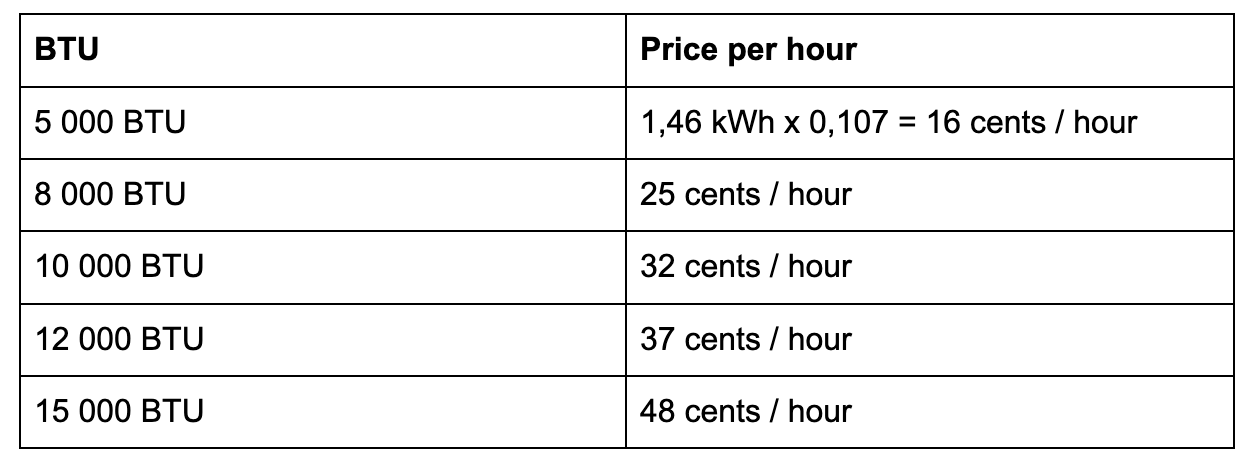
Credit: evapolar.com
Comparing 8000 BTU Models
Understanding the electricity consumption of an 8000 BTU air conditioner is essential. Different models use different amounts of energy. This guide will help you compare various models. We’ll look at their energy efficiency ratings and popular options available.
Energy Efficiency Ratings
Energy efficiency ratings help determine how much electricity an air conditioner uses. The Energy Efficiency Ratio (EER) is a key metric. A higher EER means better energy efficiency. Look for models with an EER of 10 or above.
| Model | EER | Energy Consumption (kWh) |
|---|---|---|
| Model A | 11 | 700 |
| Model B | 10 | 800 |
| Model C | 9 | 900 |
Popular Models Overview
Several popular models offer good energy efficiency and performance. These models are suitable for small to medium-sized rooms. Let’s take a look at some popular options:
- Model A – Known for its high EER and low energy use.
- Model B – Offers a balance of cost and efficiency.
- Model C – Budget-friendly but uses more electricity.
Choosing the right model depends on your needs. If you prioritize energy savings, pick a model with a higher EER. If budget is your main concern, a less efficient model might be better.
Cost Of Running An 8000 BTU Air Conditioner
Many homeowners wonder about the cost of running an 8000 BTU air conditioner. Understanding this can help you manage your energy bills effectively. Here, we break down the electricity rates and monthly cost estimation to give you a clear picture.
Electricity Rates
Electricity rates vary by region and provider. On average, the cost per kilowatt-hour (kWh) in the U.S. is around $0.13. Knowing your local rate is essential for accurate calculations.
| Region | Cost per kWh |
|---|---|
| California | $0.20 |
| Texas | $0.12 |
| New York | $0.18 |
Monthly Cost Estimation
An 8000 BTU air conditioner typically uses about 0.75 kWh per hour. To estimate the monthly cost:
- Determine the hours of use per day. Assume 8 hours daily.
- Calculate the daily usage: 0.75 kWh 8 hours = 6 kWh.
- Find the monthly usage: 6 kWh 30 days = 180 kWh.
- Multiply by your local electricity rate.
For example, using the average U.S. rate:
- Monthly usage: 180 kWh
- Electricity rate: $0.13 per kWh
- Monthly cost: 180 kWh $0.13 = $23.40
Adjust these numbers based on your actual usage and local rates. This simple method helps you budget better for your air conditioner.

Credit: www.angi.com
Energy-saving Tips
An 8000 BTU air conditioner can use significant electricity. However, you can reduce its energy consumption. Follow these energy-saving tips to keep your electricity bills low.
Optimal Settings
Set the thermostat to a comfortable yet efficient temperature. For most, 78°F (25°C) is ideal. This setting balances comfort with energy savings. Avoid setting the temperature too low. Each degree lower increases energy use by 6-8%.
Use the fan mode when cooling is not needed. This circulates air without using much energy. It keeps the room comfortable and saves electricity.
Consider using a programmable thermostat. It adjusts the temperature based on your schedule. This prevents the AC from running when not needed.
Maintenance Tips
Regular maintenance keeps your AC running efficiently. Clean the filters every month. Dirty filters restrict airflow and increase energy use.
Check the coils and clean them if needed. Dusty coils reduce the AC’s ability to cool. This makes it work harder and use more electricity.
Ensure the unit is properly sealed. Gaps around the AC let cold air escape. This leads to more energy use. Use weather stripping to seal any gaps.
Consider annual professional maintenance. Technicians can spot and fix issues you might miss. This keeps your AC in top shape and saves energy.
Use the following checklist for easy reference:
- Set thermostat to 78°F (25°C)
- Use fan mode when possible
- Clean filters monthly
- Inspect and clean coils
- Seal gaps around the unit
- Schedule annual professional maintenance
Additional Tips
Use curtains to block sunlight during the day. This keeps the room cooler and reduces the AC’s workload. Install ceiling fans to circulate air. They help distribute cool air evenly and reduce the need for constant AC use.
Avoid using heat-generating appliances during the hottest part of the day. This prevents your AC from working overtime. Use LED bulbs instead of incandescent ones. LEDs produce less heat and save energy.
Consider upgrading to an energy-efficient model if your AC is old. New models use less electricity and cool more effectively.
Environmental Impact
An 8000 BTU air conditioner uses a lot of electricity. This usage affects the environment. Understanding this impact helps make better choices.
Carbon Footprint
Using an 8000 BTU air conditioner increases your carbon footprint. Air conditioners use electricity made from burning fossil fuels. Burning fossil fuels releases carbon dioxide. This gas traps heat in the atmosphere, causing global warming.
Here is a table showing the approximate carbon emissions from an 8000 BTU air conditioner:
| Usage (Hours/Day) | Carbon Emissions (Kg CO2/Year) |
|---|---|
| 2 | 180 |
| 4 | 360 |
| 6 | 540 |
| 8 | 720 |
These numbers show the environmental cost. Using less energy reduces your carbon footprint.
Sustainable Alternatives
Consider sustainable alternatives to air conditioners. They help the environment and save money.
- Ceiling Fans: Use less electricity and keep you cool.
- Natural Ventilation: Open windows for a breeze.
- Insulation: Keep heat out with good insulation.
- Energy-Efficient Models: Choose air conditioners with high energy ratings.
Small changes make a big difference. Choose greener options to help our planet.
Frequently Asked Questions
How Much Does It Cost To Run An 8000 Btu Air Conditioner For 24 Hours?
Running an 8000 BTU air conditioner for 24 hours costs about $2. 50 to $3. 50, depending on electricity rates.
How Much Electricity Does An 8000 Btu Ac Use?
An 8000 BTU air conditioner typically uses around 700-900 watts of electricity per hour. This varies by model and efficiency.
Does A Window Ac Unit Use A Lot Of Electricity?
A window AC unit can consume significant electricity, especially during peak usage. Energy-efficient models can help reduce costs. Regular maintenance ensures optimal performance and lower energy use.
Conclusion
Understanding the electricity usage of an 8000 BTU air conditioner helps manage energy costs. Monitor your usage for efficiency. Make informed decisions when choosing an air conditioner. Energy-saving tips can further reduce expenses. Stay comfortable without breaking the bank. Prioritize energy-efficient models for long-term savings.

